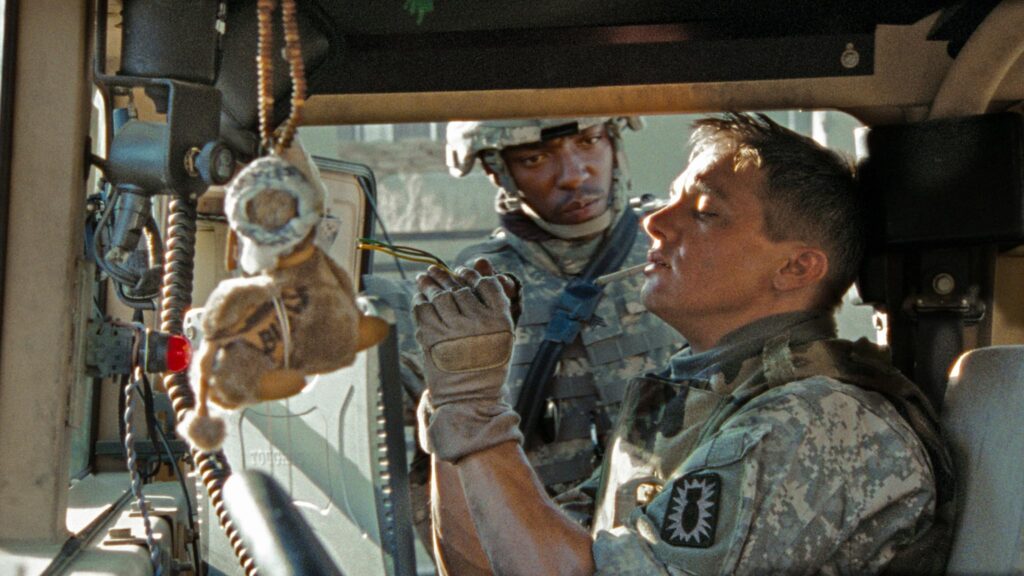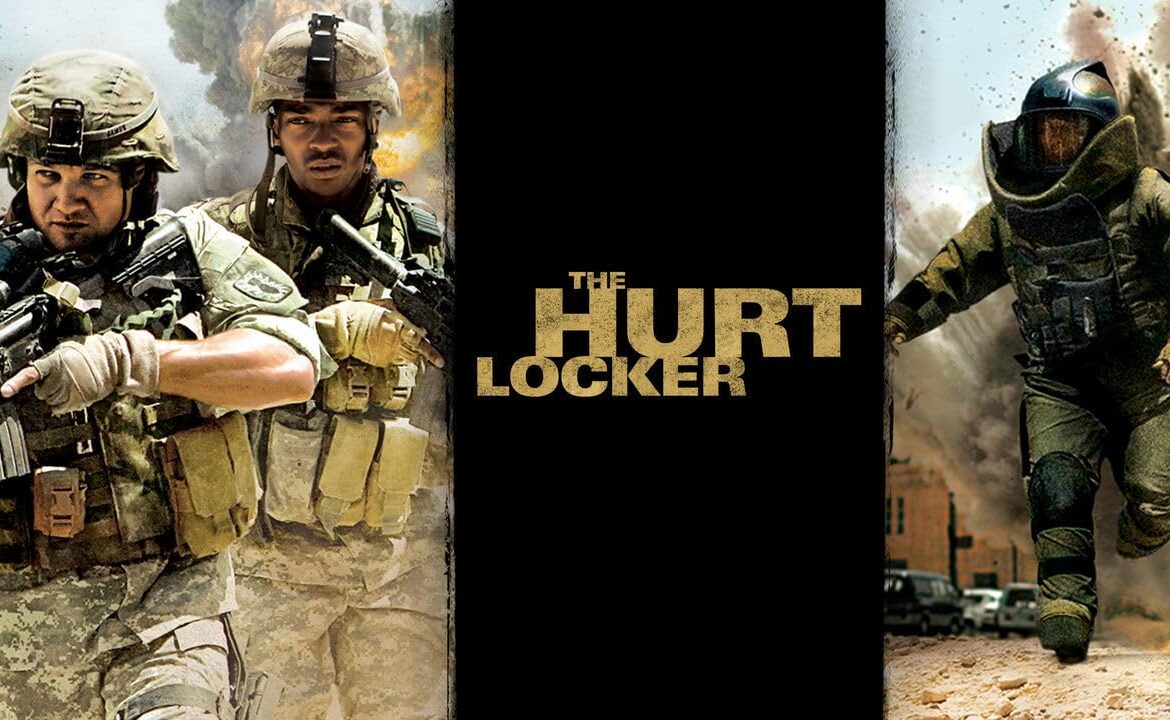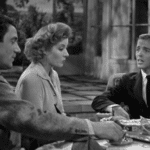In 2008, The Hurt Locker premiered to critical acclaim, winning director Katheryn Bigelow her first ever Best Director Oscar, and a Best Picture Academy Award for the film, both firsts for women directors. Though this accomplishment should be heralded, the film itself unlike those awards has lost much of its shine.
To refresh your memory, ‘The Hurt Locker’ largely tells the story of one man Seargent First Class Williams James, who is played by a young lesser known Jeremy Renner. James is a member of a U.S. Army Explosive Ordnance Disposal team, whose duty it is to disarm IEDs. This sets up much of the expected tension in the film. Bigelow though turns her attention more to the time bomb that is James himself, as he from the jump shows a recklessness that is not befitting his position (and would in fact upset many military members upon the film’s release.)
By focusing on one character so explicitly, Bigelow attempts to tell a larger story about the war, and what war can do to men, through James POV; however, we are given too little to understand nor care about Renner’s character to build stakes. Sergeant T.J. Sanborn’s character, played by Anthony Mackie, does a better job at investing the audience, as a partner on the team often frustrated by James’ suicidal ways, but even that lacks the appropriate tension to get us invested further in this team. So instead we are presented with a milder version of the ‘War Is Hell’ messages of 1970s Vietnam films, which this film so clearly wants to mirror (as the war itself did in various ways.)

Anthony Mackie and Jeremy Renner in ‘The Hurt Locker’
Where the story lacks the cinematography does not, as Bigelow and her cinematography team’s ability to capture these incredible shots, especially the many night sequences, truly is applause worthy. Likewise the performances themselves do keep us grounded, with star turns for Renner and Mackie, an obvious precedent to their later work.
Still this does not help this film that at the time stood out as a sharp take of an ongoing war, and now seems to have so little new to say about much of anything. Now we see all the beats coming miles away, and the ending in particular is set up in a way that is not only anticipated, but almost cliché.
Perhaps this says as much of the moment we are in now as the film did in 2008 America, and there’s a disconnect that simply doesn’t give the film longevity. For of course, a film about the recklessness of one soldier, and the clear ‘war is hell’ message, played well at a time when America was already beginning to wonder if the Iraq War had gone on for too long. (It would be three more years before the war was concluded.) Yet now this story, an attempt at conveying a microcosm of military life, seems to hardly achieve even that. Perhaps that will change in a future world where America’s, heaven forbid, invested in another war. However, I can see this film falling from the pantheon of beloved war films, sooner than later.









